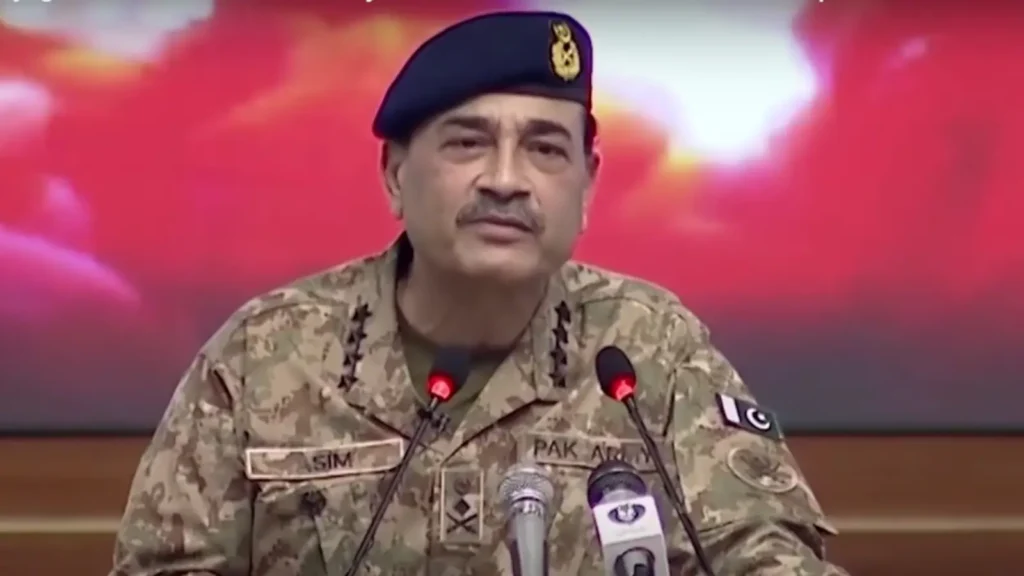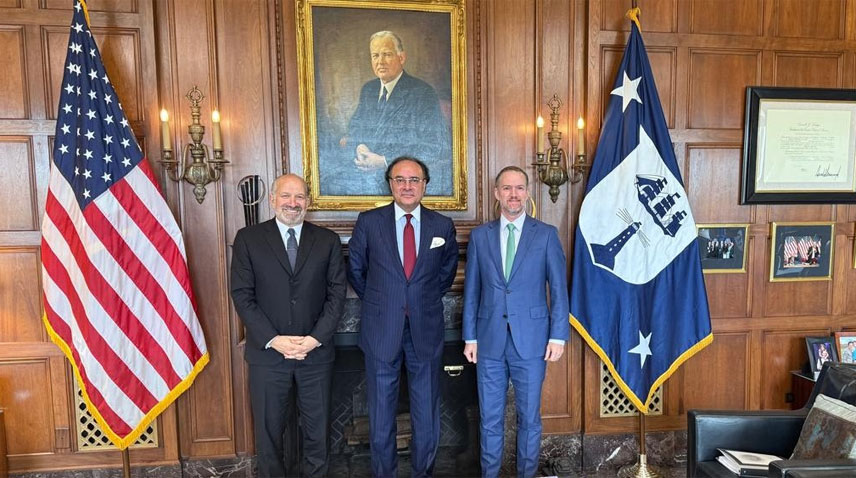Quetta, May 30, 2025 — In a significant address at the Command and Staff College in Quetta, Pakistan’s Chief of Army Staff, Field Marshal Asim Munir, strongly criticized India’s alleged “hydro-terrorism,” highlighting concerns over water security and regional stability in South Asia.
Field Marshal Munir emphasized the necessity of a peaceful resolution to the longstanding Kashmir dispute, asserting that India’s actions concerning water resources are “unlawful and legally untenable.” He warned that such measures threaten the strategic equilibrium of the region and could have far-reaching consequences if not addressed through diplomatic channels.
The term “hydro-terrorism” refers to India’s alleged manipulation of water flows from rivers shared with Pakistan, potentially violating the Indus Waters Treaty. This treaty, brokered by the World Bank in 1960, governs the distribution of water from the Indus River system between the two countries. Recent Indian projects on rivers allocated to Pakistan have raised alarms in Islamabad about potential water scarcity and agricultural impacts.
During his speech, Field Marshal Munir also addressed India’s purported support for terrorism within Pakistan. He highlighted the nation’s reinvigorated counter-terrorism efforts, expressing confidence that Pakistan’s fight against all forms of terrorism will reach a successful conclusion.
He paid tribute to the martyrs of Operation Bunyanum Marsoos, lauding their sacrifices and reaffirming the nation’s resolve to defend its sovereignty. “Under national leadership, the people of Pakistan have become a wall of steel for the defense of the motherland,” he stated.
Field Marshal Munir’s remarks come amid heightened tensions between India and Pakistan, following recent military confrontations and India’s decision to place the Indus Waters Treaty in abeyance. Analysts suggest that such unilateral actions could exacerbate regional instability and undermine decades of water-sharing agreements.
In his address, the army chief also emphasized the importance of innovative thinking and research in military training. He commended the Command and Staff College for its role in grooming future military leaders who uphold the highest standards of professionalism and dedication.
“Training must reflect not only current realities but also prepare us for future battlefields that demand agility, innovation, and unwavering resolve,” he remarked.
As Pakistan navigates complex geopolitical challenges, Field Marshal Munir’s statements underscore the nation’s commitment to safeguarding its interests while advocating for peaceful resolutions to longstanding disputes.
#AsimMunir #HydroTerrorism #IndusWatersTreaty #PakistanIndiaRelations #KashmirDispute #RegionalStability #CounterTerrorism #PakistanArmy #WaterSecurity #SouthAsia

















